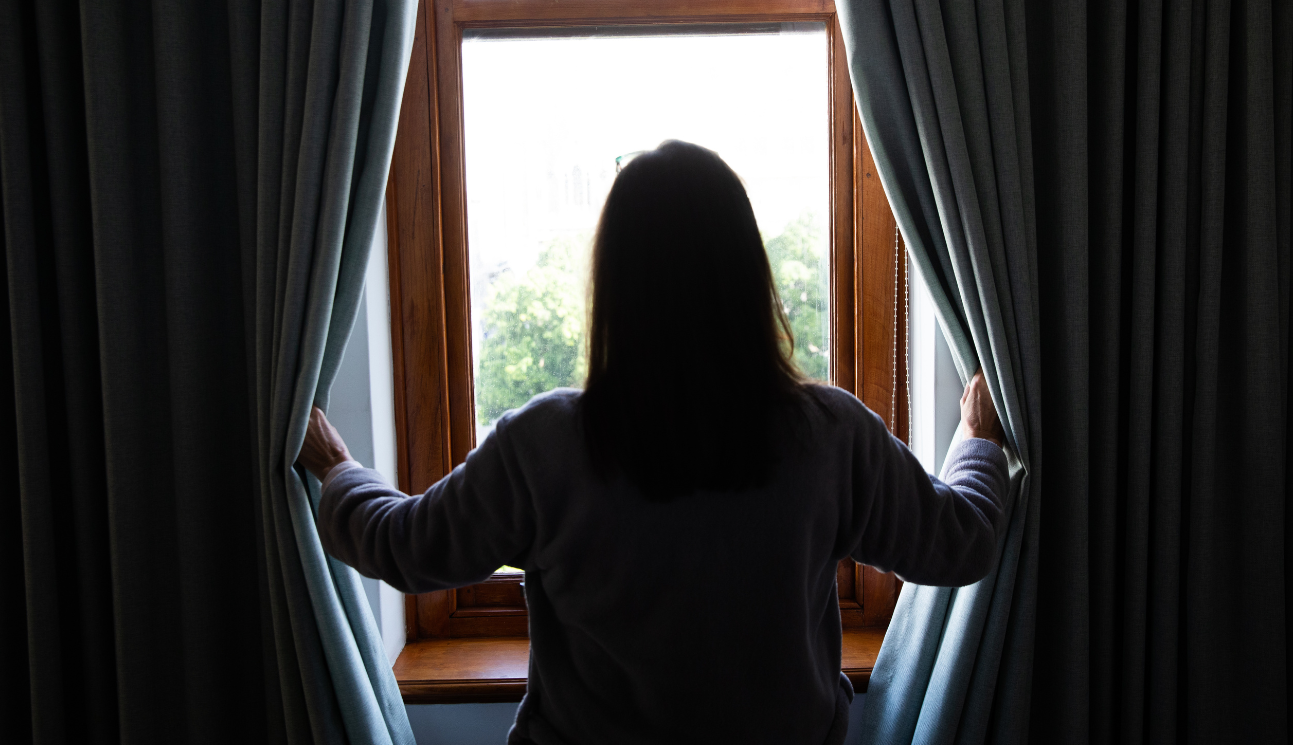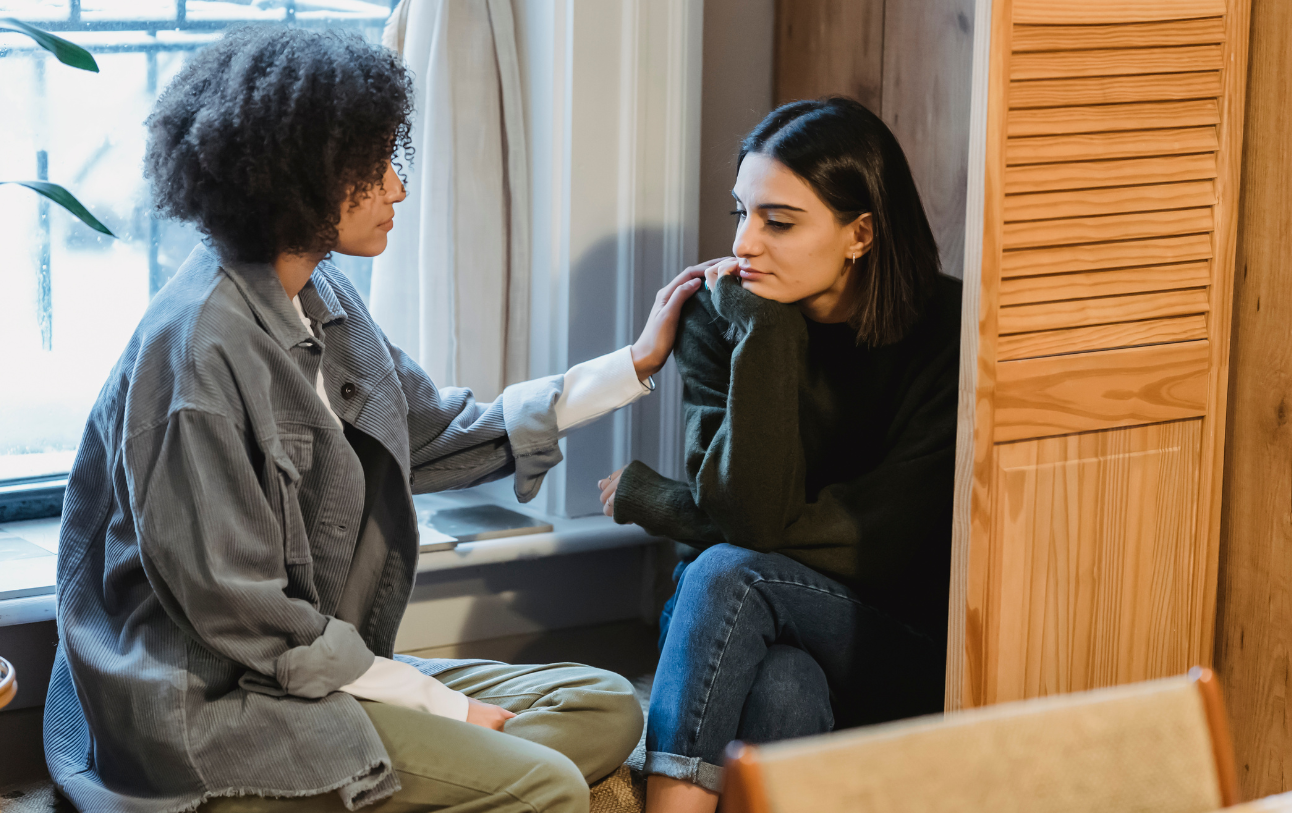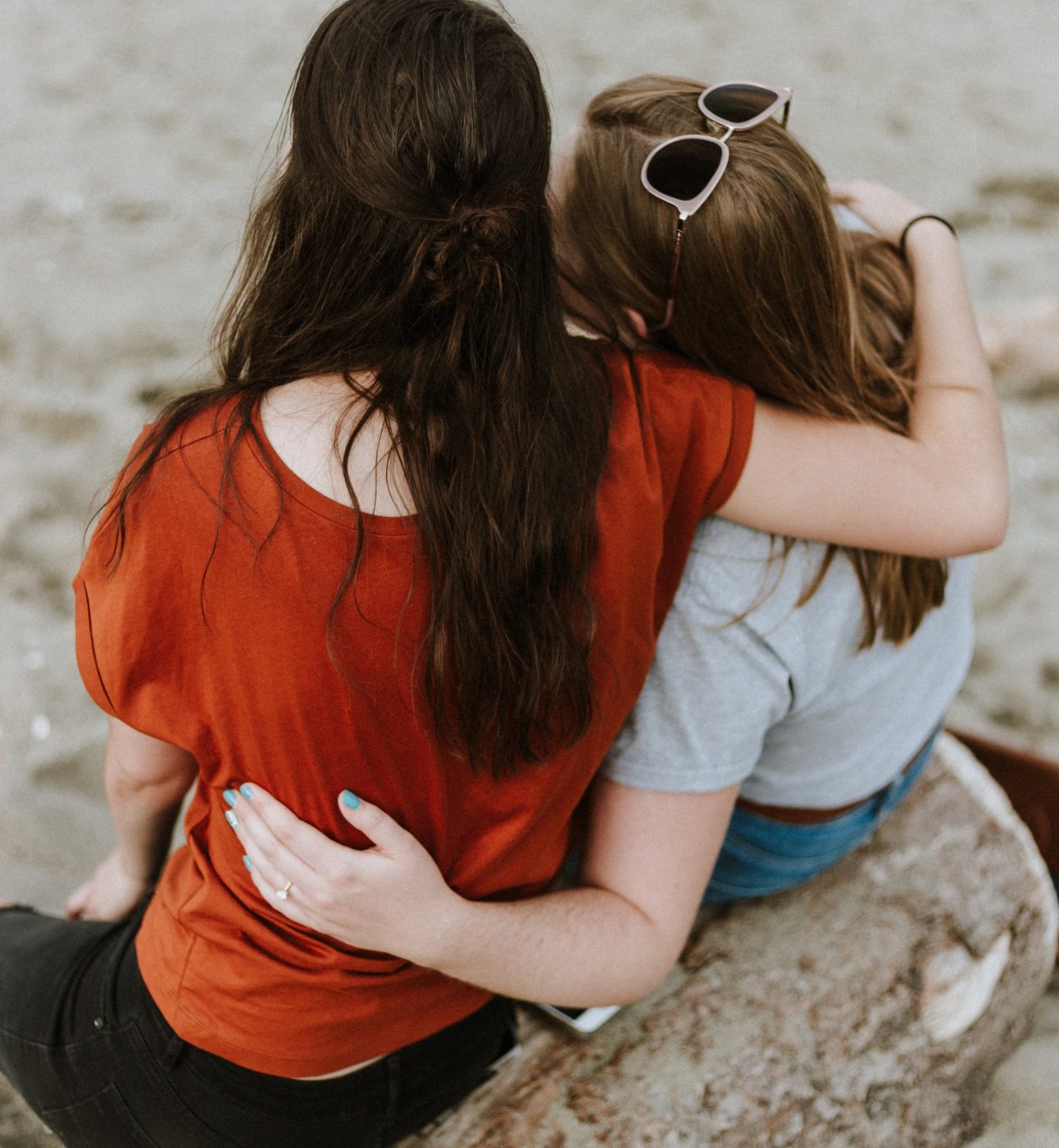
#ReachIn: Ruby’s story
Ruby* shared this blog with us as part of our Reach In campaign.
Find out more about the campaign and what to do if you’re worried about someone.
During lockdown I’ve been thinking a lot about what this experience would have been like if I was still with my emotionally abusive ex-partner, and what I would have needed from the people around me.
A lot of survivors have said that living with domestic abuse is like living in your own personal lockdown. If someone else controls who you speak to and where you go, the lockdown measures may be a tightening of the ‘rules’ you already live under.
The emotional abuse and manipulation I experienced was always centred on my ex’s portrayal of himself as an anxious, vulnerable person who needed me to look after him. Very gradually, I made myself and my world smaller in order to accommodate him and make him feel bigger. This is part of why what happened to me was so hard to name; he never raised a fist or threatened me in order to make me do something, instead he manipulated me until I did it to myself.
Eventually, I was (or at least I felt) completely responsible for his emotional wellbeing and his moods, which could change without warning and make the atmosphere unbearable. I was often tired and got used to a tight feeling in my chest.
We lived in a tiny fifth floor studio flat with no outdoor space, that was too expensive for one person but not quite big enough for two. Apart from the front door, the only other door in the flat was to the bathroom – the only place it was possible to shut the door and be in a different room to him. As I discovered during the year we lived there; there are only so many long baths a person can take.
If I’d been in that situation when lockdown was introduced, I honestly don’t know how I would have coped. Even my outdoor exercise would have been with him, for the sake of avoiding the sulking and silent treatment that would have followed me ‘not wanting to spend time with him’.
One comparable glimpse I have into what lockdown might have looked like for us, is a time when we were stuck together in a campervan in the pouring rain. His quiet, simmering rage was suffocating me, and there were times when I actually thought he might crash the van on purpose. Somehow I found the resources inside myself to keep going, keep finding ways to try and make him calm, keep absorbing everything he threw out because I had no other choice, nowhere to go. That situation only lasted a few days, but I’ve never felt so trapped.
If I was living with him now, there’s no way I would have even framed what I was going through as abuse – it had become my ‘normal’ so gradually. The chances of me reaching out for help or support would be zero unless things escalated to physical abuse, and maybe not even then. I wouldn’t have talked to my parents about it as I wouldn’t want to worry them. I would need my friends to reach in and ask the right questions, when he wasn’t around.
What I always needed – and would need in lockdown – was people to leave me with space to talk about how things really felt at home. Our friends always told me how cute we were together, how good I was for him, how nice it was that we’d set up a little home together. If those are the only messages you’re getting from everyone around you, how are you supposed to recognise that something isn’t right?
If you’re worried about a friend right now – maybe you haven’t heard from them in a while, or their partner does most of the talking on your group Zoom calls, or it’s a gut feeling you can’t quite put your finger on – find a way to reach in and ask them how they’re really feeling. Listen without judging. Reassure them that it’s not normal or ok to feel like this, and it isn’t their fault.
And even if you aren’t specifically worried, please leave room for all of your friends to talk to you openly about their relationships. Stay curious and try to resist saying things like ‘I’m sure he’s just stressed, you two are so great together!’ because you can never really know what it’s like to live on the other side of that door.
*name changed
You may also be interested in


Reach In

